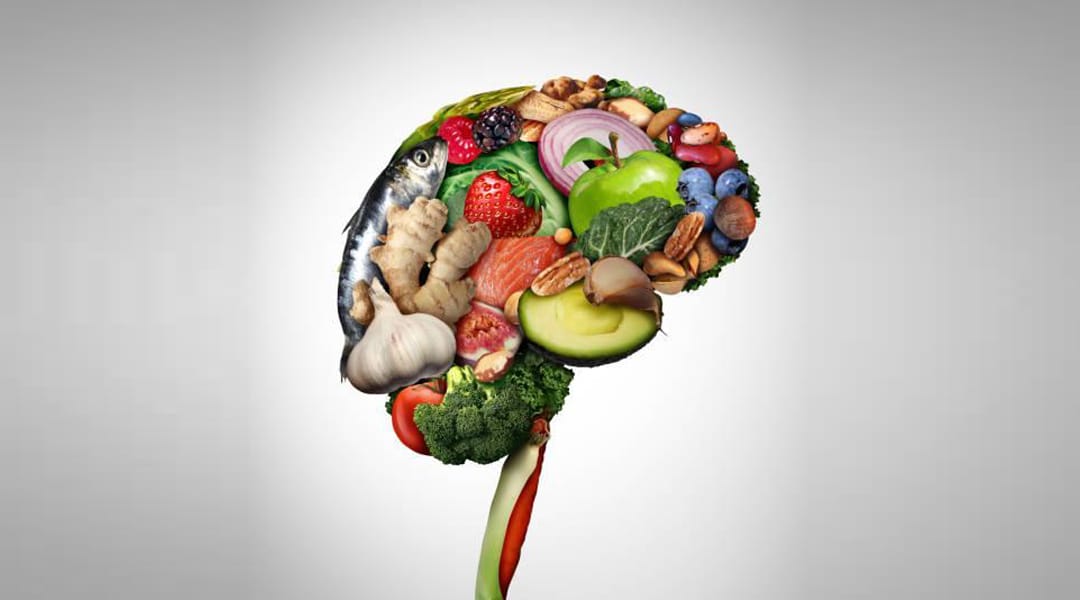Ayurvedic Fasting – A Sacred Pause for Body and Soul
Ayurvedic Fasting – A Sacred Pause for Body and Soul

In Ayurveda, fasting is not a mere abstention from food; it’s a conscious choice to allow the body to rest, rejuvenate, and reset. It aligns with the principle of “Ama,” the accumulation of toxins resulting from incomplete digestion. Fasting, in this context, becomes a powerful tool to eliminate Ama, promoting clarity and vitality.
1. Detoxification
Fasting provides the digestive system with a break, allowing the body to divert its energy towards internal cleansing. This process aids in the removal of accumulated toxins, promoting optimal organ function.
2. Mental Clarity
Beyond its physical benefits, Ayurvedic fasting is celebrated for its impact on mental well-being. As the body purifies, so does the mind. Fasting is believed to clear mental fog, enhance focus, and elevate overall cognitive function.
3. Balancing Doshas
Ayurveda recognizes that different doshas respond uniquely to fasting. Vata types, for instance, may need a more gentle approach, while Pittas benefit from cooling practices. Kaphas, with their robust constitution, may find intermittent fasting particularly beneficial.
4. Improved Digestion
Fasting allows the digestive system to rest and recover, promoting the efficient processing of nutrients when regular eating resumes. This contributes to improved digestion and absorption.
5. Emotional Balance
The Ayurvedic perspective on fasting extends beyond the physical and mental realms to include emotional well-being. Fasting is seen as a practice that fosters self-discipline, resilience, and a deeper connection to one’s emotional landscape.
1. Vata Dosha
Choose warm, nourishing foods during fasting periods. Consider a short, gentle fast to avoid aggravating Vata’s natural tendencies.
2. Pitta Dosha
Opt for cooling practices, including cooling herbal teas and fruits. Embrace shorter, moderate fasts to avoid overtaxing Pitta’s fiery nature.
3. Kapha Dosha
Engage in intermittent fasting to stimulate Kapha’s slower metabolism. Include warming spices and herbal teas to counteract Kapha’s tendency towards stagnation.
1. Start Slow
If new to fasting, begin with shorter durations or intermittent fasting. Allow your body to adapt gradually.
2. Choose the Right Time
Ayurveda emphasizes the importance of timing. Consider seasonal and circadian rhythms when planning your fasting periods.
3. Stay Hydrated
While abstaining from solid foods, stay well-hydrated. Herbal teas and warm water with lemon can be particularly beneficial.
4. Listen to Your Body
Pay attention to how your body responds to fasting. If fatigue or discomfort arises, consider adjusting your approach.
5. Break the Fast Mindfully
When breaking a fast, choose easily digestible foods. A warm, spiced soup or a small, nourishing meal can gently reintroduce your digestive system to regular eating.
In the rush of modern life, the practice of Ayurvedic fasting emerges as a sacred pause—a conscious choice to reset the body, clarify the mind, and reconnect with the rhythms of our being.
It’s not a one-size-fits-all approach; rather, it’s an invitation to explore and adapt fasting practices to align with your unique dosha and individual needs.
We need to remember that it’s not just about what we are letting go of, but what we are making space for—renewed energy, mental clarity, and a profound sense of well-being that extends far beyond the duration of fasting. So, let’s take a step back, embrace the simplicity of this ancient practice, and allow our body and mind to experience the transformative power of Ayurvedic fasting.
Speak with our Ayurvedic Doctors, Nutritionists, and Healers today to learn more about how Ayurvedic fasting at www.ashaexperience.com
Team ASHAexperience offers ancient Ayurvedic treatment and practices to the world for a sustainable society by offering self-care practices through Ayurveda and Yoga.
We believe in collaborative relationship-based care where our Ayurvedic Doctors, Ayurvedic Practitioner, Ayurvedic Supplement Brands, Ayurvedic Nutritionists & Chefs, Yoga, and Meditation Trainers are in sync. Contact the team who passionately works together to hold your hand in this healing journey.



